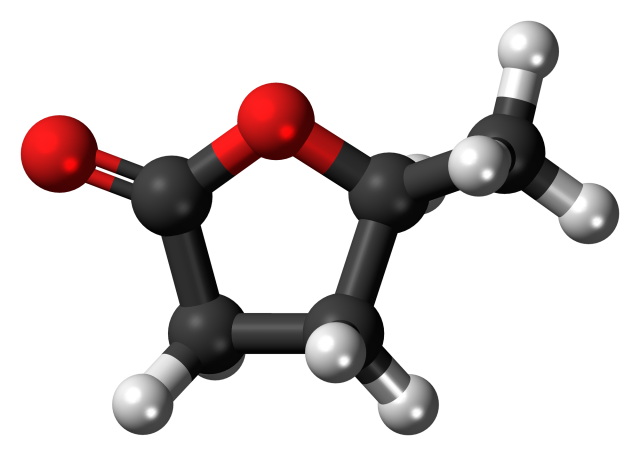Chemical process turns any plant matter—even trees—into biofuels
Ars Technica » Scientific Method 2014-01-21

Biofuel production focuses on taking the carbon that's already present in plants and converting it into burnable carbon-based fuels. Most of the carbon in a plant comes in the form of sugars, which can be readily converted into ethanol and less readily modified into other fuels.
Sugar is relatively easy to obtain from things like fruit and seeds, but those are also the sorts of things we like to eat. Most of the sugar in the rest of a plant, however, is locked into a complex polymer called cellulose. Figuring out a way to easily break down cellulose has been one of the major hurdles to the expansion of biofuels.
Now, researchers from the University of Wisconsin–Madison have figured out a chemical treatment that, given a bit of time, can completely dissolve any plant matter including wood. The end result is a solution containing mostly sugars, along with a few other organic molecules—some of which can be shunted off to synthesize the key ingredient of the chemical treatment itself.
Read 8 remaining paragraphs | Comments